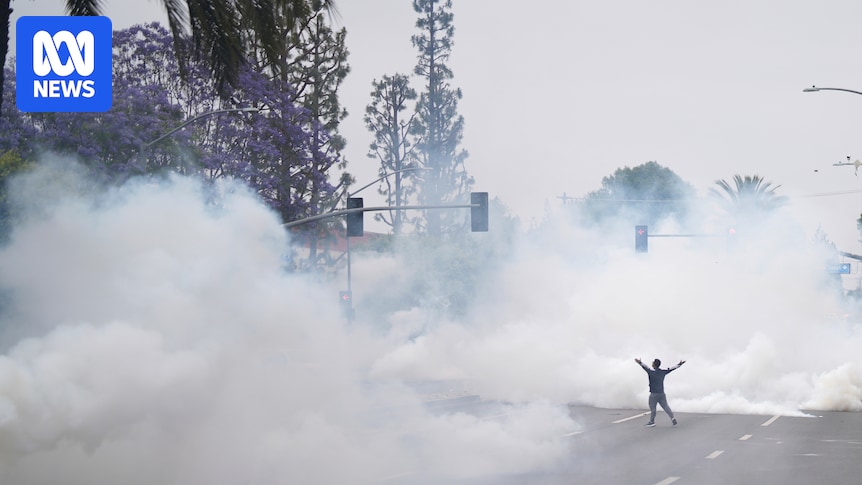Dr. Sherri Cox reflects on her experience as part of the team that identified the 2022 strain of avian flu in North American mammals.
It all began with a seabird covered in oil, marking a pivotal moment in Cox's life almost 25 years ago.
During an oil spill in Spain, Cox decided to pursue a career in wildlife medicine and rehabilitation after witnessing the impact on wildlife.
Today, she is a U of G professor and the volunteer medical director of the National Wildlife Centre, treating a variety of injured wildlife.
Before the centre's new facility in Caledon, Ont, Cox and her team treated thousands of native wild animals through a mobile hospital and volunteer network.
In 2022, Cox's early detection of avian flu in foxes changed the course of research in North America, highlighting the importance of rehabilitation centres as early-warning systems.
She discovered that the virus affected the brain more in mammals, leading to unexpected findings and raising concerns about transmission between species.
Cox has been actively involved in studying unusual spillover cases in mammals, contributing to the global evidence on the adaptation and mutation of HPAI.
She emphasizes the critical role of wildlife rehabilitators in addressing avian influenza and other wildlife threats, calling for more support, funding, and training in the field.
As the director of U of G's Master of Wildlife Biology, Cox is training the next generation of wildlife rehabilitators to tackle the increasing challenges posed by habitat loss, urban sprawl, and climate change.
With her ongoing research on avian flu and other wildlife diseases, Cox remains at the forefront of wildlife rehabilitation science, ready to face whatever challenges come her way.
The National Wildlife Centre is available seven days a week to assist with sick, injured, and orphaned wild animals. Contact their hotline at (416) 577-4372 for assistance.
Source: U of G News














